Morning Tongue Scraping: 5 Reasons It Improves Breath, Digestion & Wellness

Most of us believe that brushing and flossing are adequate oral hygiene practices. However, Ayurveda emphasises one more daily routine for full oral care: tongue scraping. This simple, ancient exercise takes less than a minute every morning and can significantly improve your health, digestion, and confidence.
Here are five significant advantages of using a tongue scraper every morning.
1. Removes Toxins and Bacteria
While you sleep, germs, food debris, and dead cells build up on your tongue. This coating, known as ama in Ayurveda, can cause bad breath, a coated tongue, and poor digestion if not removed. Scraping removes this accumulation, keeping your tongue clean and fresh.

2. Fights Bad Breath Naturally
If you don't brush your tongue, bacteria that cause odours will linger. Tongue scraping minimises bacterial burden, resulting in naturally fresher breath and increased confidence throughout the day.
3. Boosts Digestion
In Ayurveda, digestion starts in the mouth. A coated tongue might impair your taste buds, lowering the signals that reach your digestive system. Scraping improves taste perception, allowing your body to release the appropriate digestive enzymes, resulting in smoother, more effective digestion.

4. Supports Overall Health
Poor dental hygiene has been related to a variety of health conditions, including inflammation, heart disease, and digestive disorders. Scraping your tongue on a daily basis reduces harmful bacterial buildup, which benefits both your dental and general health.
5. Enhances Sense of Taste
A clean tongue means your taste buds are unobstructed. Food tastes more vibrant, flavors feel richer, and your meals become more satisfying. This also helps you feel more mindful while eating.
How to use a tongue scraper
- Use either a stainless steel or copper scraper.
- Holding the ends, scrape softly from the back of your tongue to the tip.
- Rinse the scraper after each pass (5-7 strokes is sufficient).
- If brushing, flossing, and oil pulling are part of your routine, continue with those steps.

Why Copper Tongue Scraper is Better Than Any Other
When it comes to tongue scrapers, not all materials are the same. While plastic and stainless steel scrapers are popular, Ayurveda has always suggested copper as the best option, and for good reason.
-
Natural Antibacterial Properties
Copper is recognised as a self-purifying metal. It naturally destroys germs, fungus, and viruses that live on your tongue. This implies that each scrape not only removes pollutants, but also prevents hazardous microorganisms from thriving.
-
Balances Oral pH
A healthy mouth requires an appropriate balance of good and harmful microorganisms. Copper contributes to this balance by eliminating dangerous bacteria while promoting healthy ones, keeping your mouth microbiome in harmony.
-
Reduces Toxin Build-up More Effectively
Toxins (ama) that build up overnight, according to Ayurveda, can cause bad breath, poor digestion, and even sluggishness. Copper scrapers are more successful at removing this layer than plastic or steel scrapers, resulting in a more thorough cleaning.
-
Durability & Sustainability
Plastic scrapers wear out rapidly and frequently harbour bacteria in little scratches. Stainless steel can last, but it lacks copper's healing properties. A high-quality copper tongue scraper can last for many years, making it an environmentally beneficial and cost-effective option.
-
Ayurvedic Wisdom Backed by Modern Science
For centuries, Ayurveda has relied on copper, not only in tongue scrapers but also in drinking cups. Modern research confirms this, demonstrating copper's powerful antibacterial effect and ability to promote overall dental hygiene.
In short: A copper tongue scraper does more than just clean; it actively heals, regulates, and protects your oral environment in a way that no other material can.
FAQs
1. How often should I use my tongue scraper?
Tongue scraping is best done in the morning, before brushing your teeth. If you want, you can repeat it at night for added freshness.
2. Can I use a toothbrush rather than a tongue scraper?
A toothbrush just spreads the coating and does not remove it completely. A tongue scraper is intended to gently lift and remove the accumulation on your tongue.
3. Is a copper tongue scraper suitable for daily use?
Yes, copper is very harmless and even recommended in Ayurveda. Simply rinse it after each use and clean it on a regular basis with warm water and lemon or salt to maintain it shiny.
4. Can tongue scraping hurt or damage my tongue?
Not at all, if done properly. Scrape gently, back to front. It should feel purifying rather than unpleasant.
5. How long should I scrape my tongue?
It only takes approximately 30 to 60 seconds. 5-7 strokes are sufficient to completely clean your tongue.
Read Also - Copper Tongue Cleaner Benefits
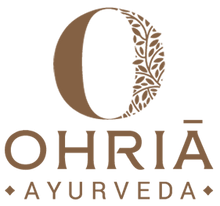
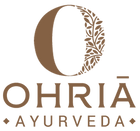
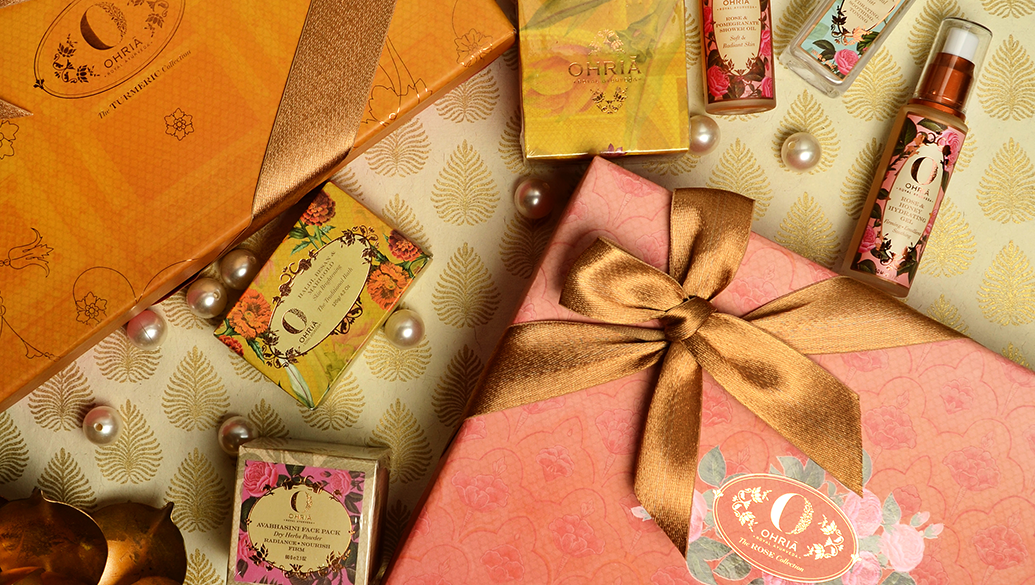
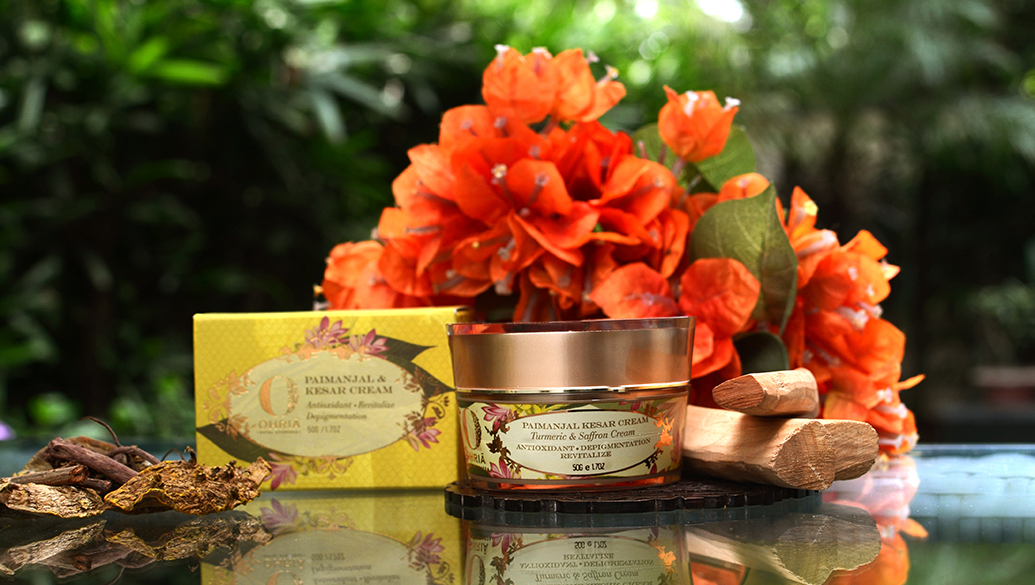
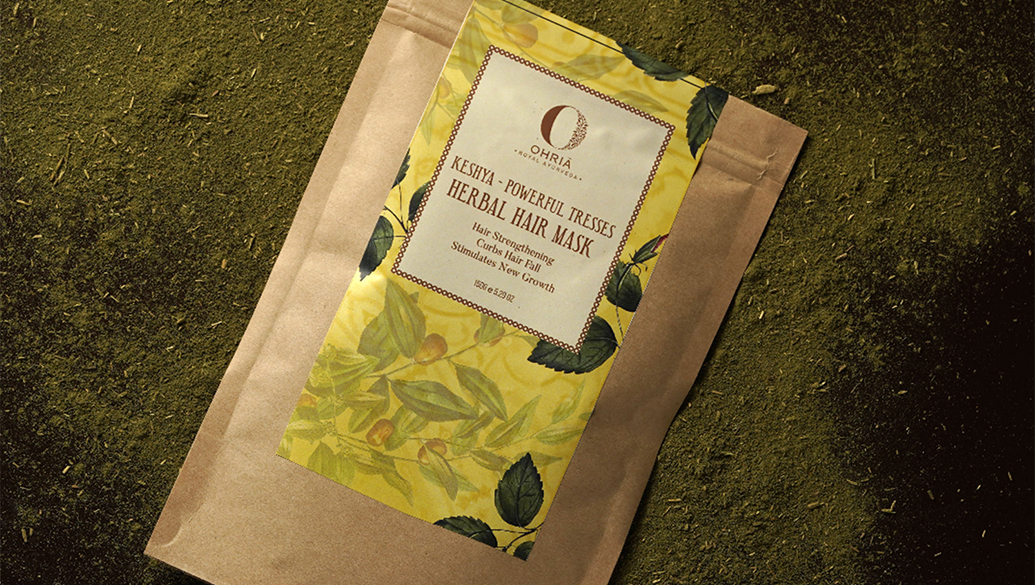
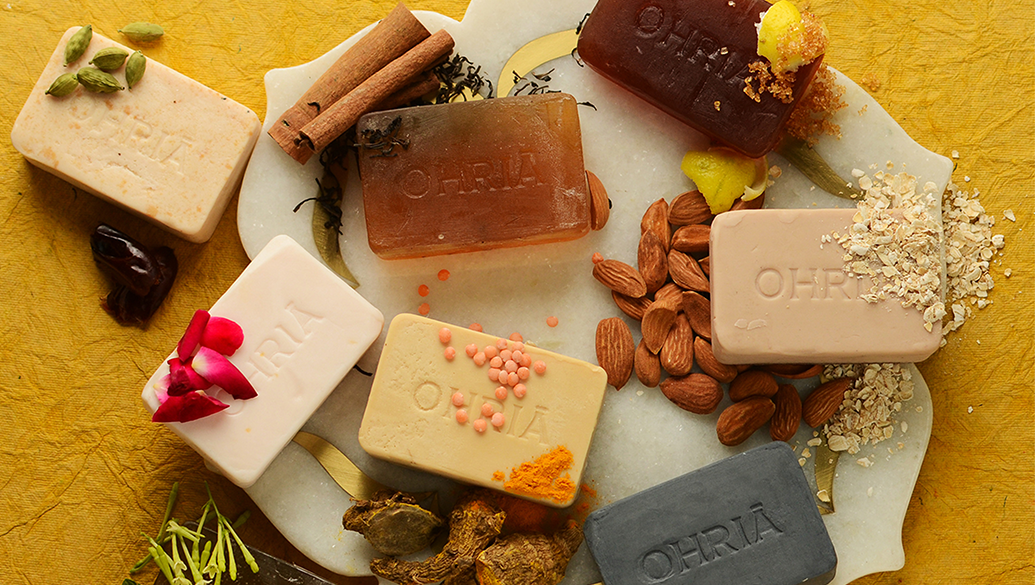
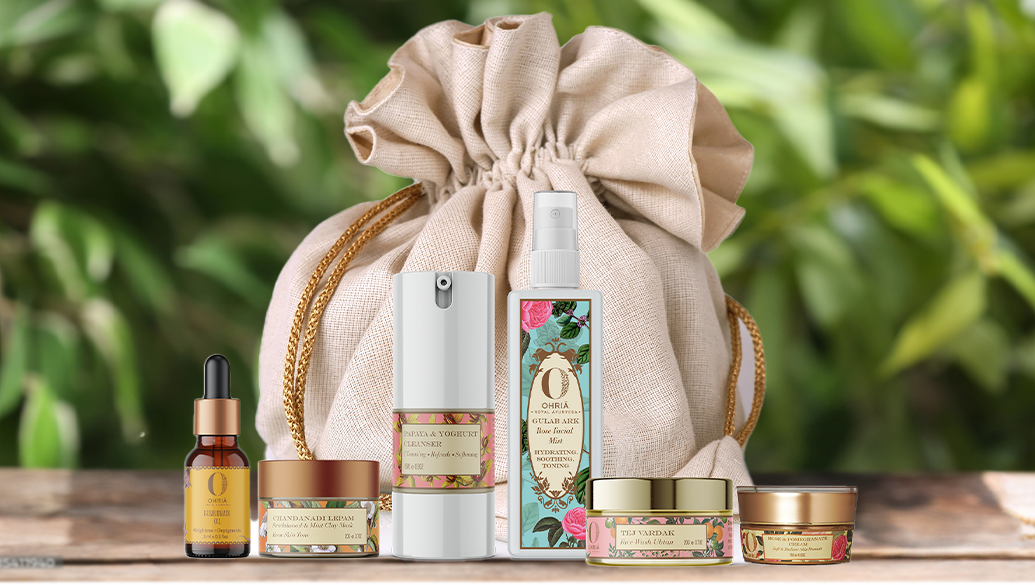

Leave a comment